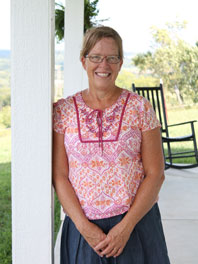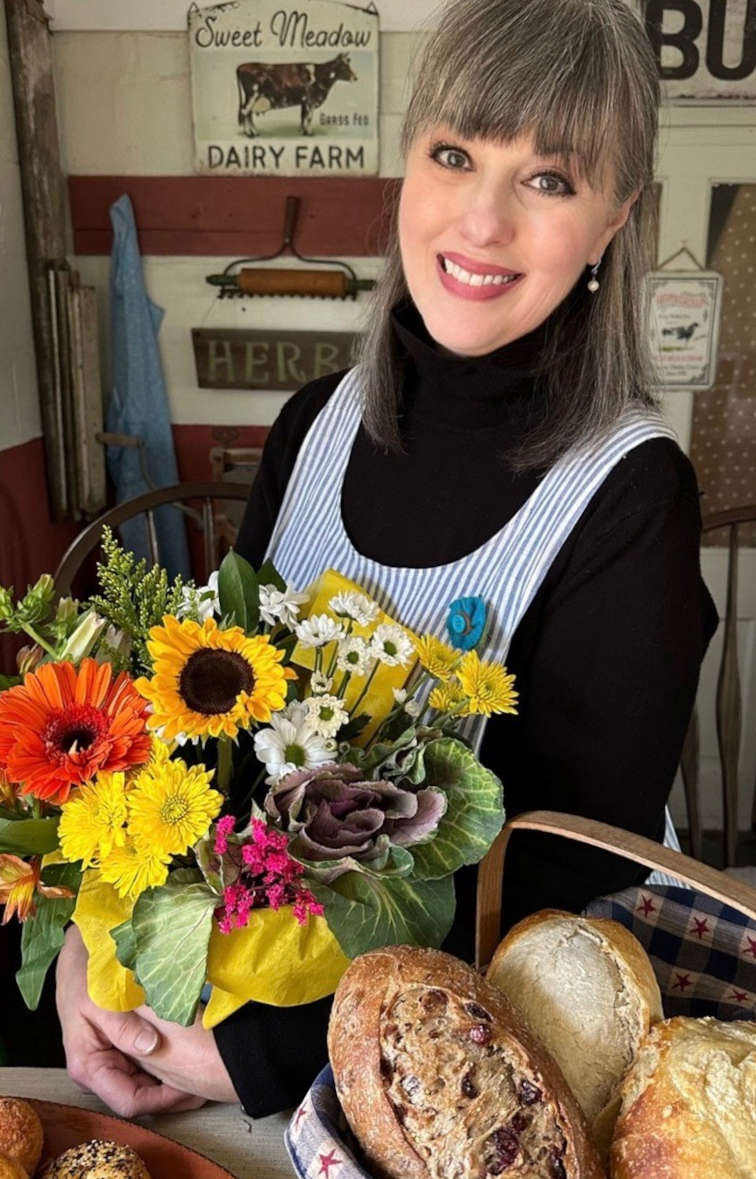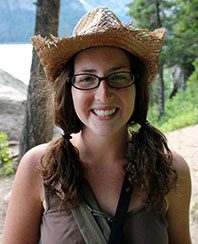Slugs! What are they good for? So far, I have determined that they are good at crawling all over the underside of lettuce heads, destroying cabbage, burrowing into cauliflower, bringing down whole sunflower plants and other general mayhem. But, what are they good for? The chickens won’t give them a second glance, it doesn’t seem like the spiders are interested at all, and other birds are just going for the worms and seeds. However, the ducks do get excited for a tasty slug That is one benefit among many detriments. So…how am I supposed to justify the presence of these pests?

A slug. On my window. Nearly seven (SEVEN!) feet off the of the ground. They are everywhere!


.jpg)









Hi Alex,I concur yuck! Yet even though they dont have legs, they dont freak me out like the S-word creature. See I cant even write it!! I was reading through your blog and when I got to the part where you wrote Gulp, I had a flashback to a funny (well not really!) story that happened to me back in 1977 involving slugs. Youre not going to like it, but here goes. I was on a month-long Outward Bound program in North Carolina, and we were on the mountaineering part of the trip. We had HEAVY backpacks and had been planning to be out 4 days. Somehow, we got lost in the wilderness of the Smoky Mountains and this was Day 7. We had been out of food for 3 days. The terrain was DIFFICULT and we were told that we were burning between 5,000-7,000 calories per day. Not knowing how long it would be before we got back into civilization we prepare yourself boiled slugs. Oh my this vegetarian farmgirl actually ate a few. Chewy, tough, nasty things, but I guess you could say that there is another use for them you hadnt thought of. Just think of them as the Escargot of the Woods! Have a great day, Cathi (The Mountain Farmgirl)
Slugs YESSS! and snails this year in the Pacific Northwest. I go on slug patrol and agree that even the chickens won’t eat them. On the windows,yes, but I do use a shovel and have hurled them across the road in an Olypian toss! I don’t LIKE slugs!!!
The title of this article caught my attention. I am not a Buddhist but a United Methodist pastor. That doesn’t matter. It’s just that the title of "Meditation on Slugs" and your article gave me food for thought – and not slug food. What a great title for a sermon! What do we do with the slugs in our lives? They are not just on the underside of lettuce leaves but they abound everywhere – things that take our attention and cause havoc with our emotions and threaten the very nourishment – not of our bodies only – but of our souls – slugs – slugs – slugs. Thanks Alex for your meditation! Sandy
Just be glad you don’t have Japanese beetles. No slugs this year in Minnesota, but tons of Japanese beetles eating and eating. Poisons don’t work, they loooove green beans. I go out with a bucket of soapy water and knock them into that where they die. One shake of a bean vine will get about 25 beetles in my bucket. They also love roses and birch trees. This will eventually eliminate birch trees in my opinion. hmmmm, sounds like bugs are winning.
Putting wood ashes on the cabbages helps , and the heads stay firm and closed enough that it all washes off when you harvest. On a large scale, both farm size, and slug amounts, I don’t know. Not so many here this year, in north Idaho, as it has been dry since the end of June except for two brief rains and in the 80s most days. We all planted a month late because of the cold and wet spring, so we are hoping our stuff finishes before fall frost. Love your column, and wish you well.
I am a banana slug (UC Santa Cruz alumni), and I LOVE outdoor slugs. But now, after moving to the woods, I have a slug problem INSIDE my house…..now I must draw the line!
I live in Pacific Northwest Washington and slugs are the bane of my existence! I can’t seem to get ahead of them and their voracious appetite for my greens!
I’ve found the best way to rid a garden of slugs (temporarily) is to take a dowel the width of a pencil, cut it into 2 foot length and then sharpen both ends in my electric pencil sharpener. Take them outside and start slug hunting, stab and fling! Repeat, repeat, repeat!
Hi, it’s your Mom and Auntie Gwen we are at Reed’s using the internet. We know how to kill your slugs with kindness. I’ve never tried this but I have heard that you can place a shallow plate like a pie plate into the garden soil and fill it with beer. I think the slugs are attracted to the beer and crawl in and drown or maybe they become to intoxicated to crawl out. Not a bad way to go for a slug.
I am reminded of a wonderful RVing trip to the northwest where my family encountered massive slugs for the first time. A long diatribe erupted on ways to eat a slug…..slug on a stick, slug stew, slug saute, slug smoothie…..you get the picture.
What about a line of diotomacious (sp) dirt? I’ve heard they do not like to cross it…cuts their underside.
You asked what slugs are good for–duck food. I used to skewer them and drop them in the duck pen and they would pounce on them and nary a drop was left. Good stuff for the ducks but not my cup of tea. I have a problem with snails that has just occurred in the past few years.